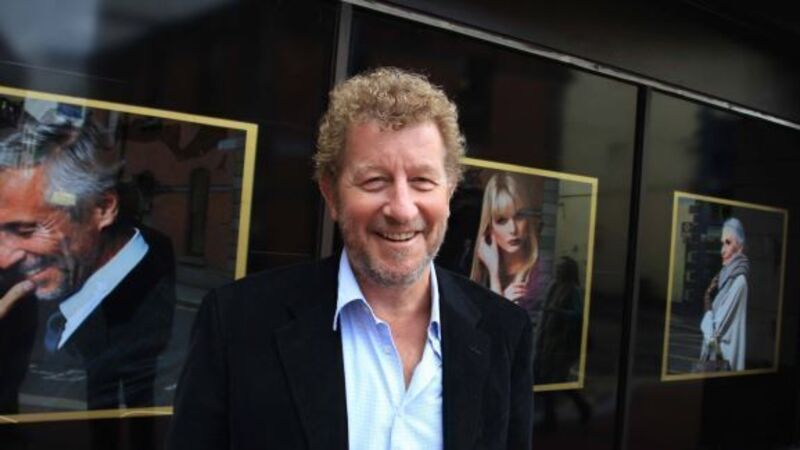Sat, 08 Dec, 2012 - 00:00
Sinéad Gleeson
A Possible Life
Sebastian Faulks
Already a subscriber? Sign in
You have reached your article limit.
Subscribe to access all of the Irish Examiner.
Annual €130 €80
Best value
Monthly €12€6 / month
Introductory offers for new customers. Annual billed once for first year. Renews at €130. Monthly initial discount (first 3 months) billed monthly, then €12 a month. Ts&Cs apply.
CONNECT WITH US TODAY
Be the first to know the latest news and updates
CourtsArts Film & TVBooksPlace: FrancePlace: GermanPlace: ItalyPlace: BerkshirePlace: Church of EnglandPerson: Faulks’Person: Sinéad GleesonPerson: Sebastian FaulksPerson: FaulksPerson: James BondPerson: Geoffrey TalbotPerson: BillyPerson: ElenaPerson: Blake MorrisonOrganisation: adobe ebookOrganisation: DH Lawrence’s Sons & Lovers












